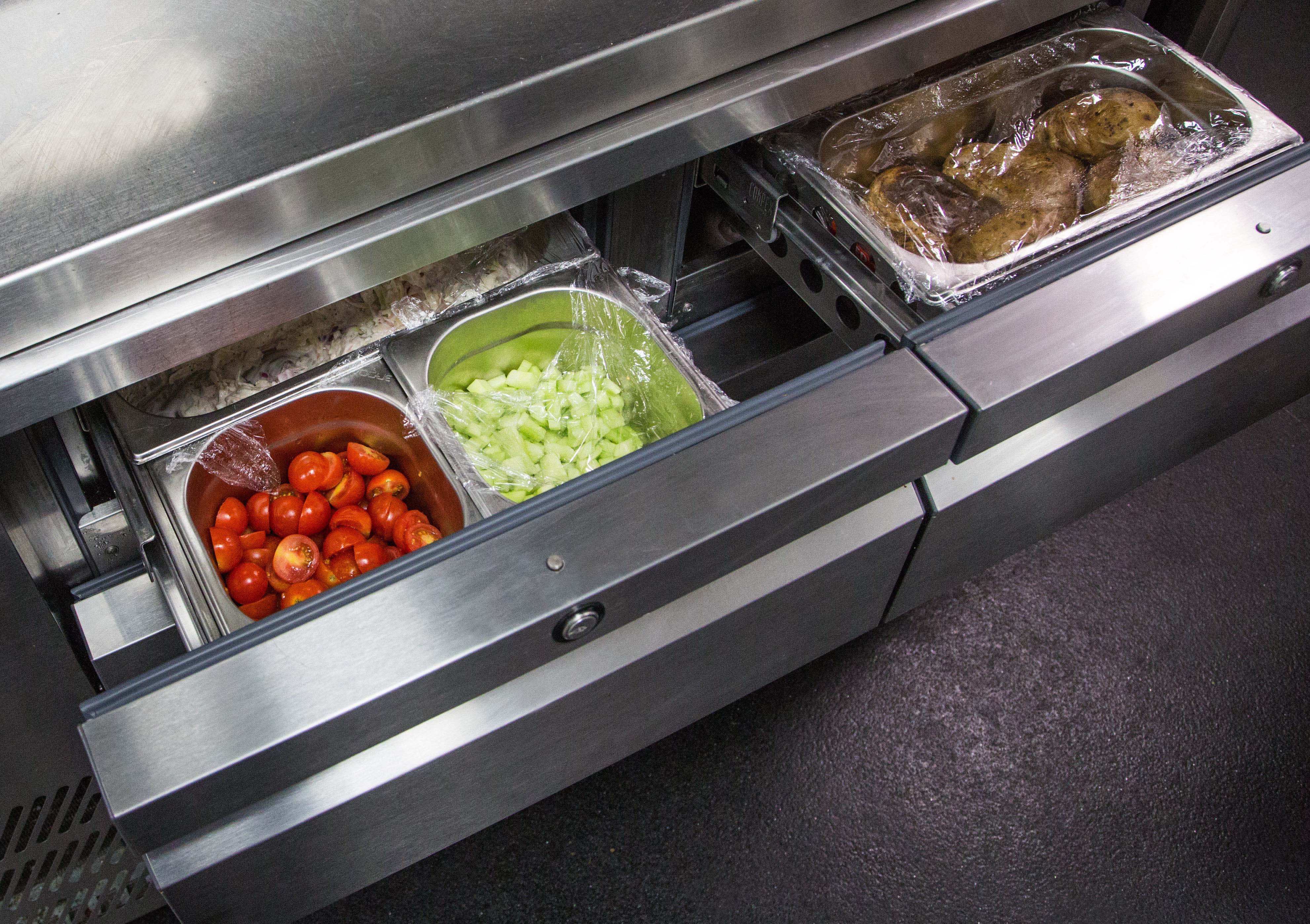Three critical areas for foodservice operators to consider
Refrigeration has a critical role to play in reducing food waste – but CESA says it’s essential to get three key elements right: specifying the right equipment, including its Climate Class; looking after equipment correctly; and organising storage.
One of the key elements when choosing a refrigerator is its Climate Class – yet many operators don’t understand it. Get it wrong and it can result in food spoiling in the cabinet. Every professional fridge will be manufactured to a specific Climate Class. For example, Climate Class 3 fridges are designed to operate in ambient temperatures up to 25°C, whereas a Climate Class 5 model will cope with temperatures up to 40°C. A Climate Class 3 fridge won’t cope in Climate Class 5 conditions. “Specifiers of new refrigeration equipment need to get to grips with this issue,” says John Whitehouse, chair of CESA. “Get an inappropriate Climate Class fridge and you’re going to have temperature control issues, leading to unnecessary food wastage.”
The problem has been highlighted by the Energy Labelling Directive, which applies to professional refrigeration cabinets and counters (it will also apply to commercial ‘reach-in’ cabinets in the future). The tests set a model’s energy efficiency between A+++ and G – but the tests are carried out under specific Climate Class conditions. Read the label to see what Climate Class it has been tested to.
Looking after equipment is vital in terms of food waste, too. Staff need to follow best practice – for example, regularly checking door gaskets (seals) for any signs of damage. A split in the gasket could lead to temperature loss, which again could cause food to spoil. At the other end of the scale, never wedge open a fridge door – it will lead to a dramatic loss of temperature.
Organising storage is the third strand of the battle with food waste. Dating all food stored is essential, so that you can operate a ‘First in, First out’ (FiFo) stocking system, to ensure older stock gets used before its best before date. It’s also essential to load refrigeration correctly – for example, ensure that the cabinet isn’t overloaded with food blocking the airflow system, which will cause temperature control issues that could lead or food waste.
When purchasing equipment, consider how food and ingredients will be stored – for example, it’s often easier to organise storage, and to access the products, in cabinets with drawers rather than doors.
“We all know how big an issue food waste has become,” says John Whitehouse. “Best practice in refrigeration can play a big role in reducing food waste, which in turn will save costs.”

